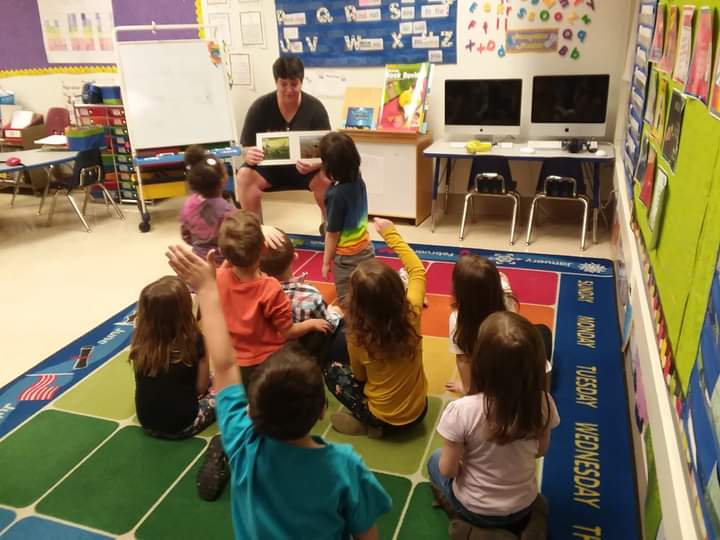Bystander to Upstander:
Ongoing Campaign
"Someone who witnesses bullying, either in person or online, is a bystander. Friends, students, peers, teachers, school staff, parents, coaches, and other youth-serving adults can be bystanders. With cyber-bullying, even strangers can be bystanders.
"Youth involved in bullying play many different roles. Witnessing bullying is upsetting and affects the bystander, too. Bystanders have the potential to make a positive difference in a bullying situation by becoming an upstander. An upstander is someone who sees what happens and intervenes, interrupts, or speaks up to stop the bullying.
"An Upstander is someone who takes action when they witness bullying. Even one person’s support can make a big difference for someone who is being bullied. When youth who are bullied are defended and supported by their peers, they are less anxious and depressed than those who are not.
"There are many things that bystanders to bullying can do to become Upstanders:
"Youth involved in bullying play many different roles. Witnessing bullying is upsetting and affects the bystander, too. Bystanders have the potential to make a positive difference in a bullying situation by becoming an upstander. An upstander is someone who sees what happens and intervenes, interrupts, or speaks up to stop the bullying.
"An Upstander is someone who takes action when they witness bullying. Even one person’s support can make a big difference for someone who is being bullied. When youth who are bullied are defended and supported by their peers, they are less anxious and depressed than those who are not.
"There are many things that bystanders to bullying can do to become Upstanders:
- Question the bullying behavior. Simple things like changing the subject or questioning the behavior can shift the focus.
- Use humor to say something funny and redirect the conversation.
- There is strength in numbers too! Bystanders can intervene as a group to show there are several people who don’t agree with the bullying.
- Walk with the person who is the target of bullying to help diffuse potential bullying interactions.
- Reach out privately to check in with the person who was bullied to let them know you do not agree with it and that you care. It makes a difference."
One in five children in the United States experience bullying where a peer harasses, humiliates, or threatens repeatedly. Bullying can have negative psychological, physical, and academic effects. To learn more about bullying prevention visit Stopbullying.gov

